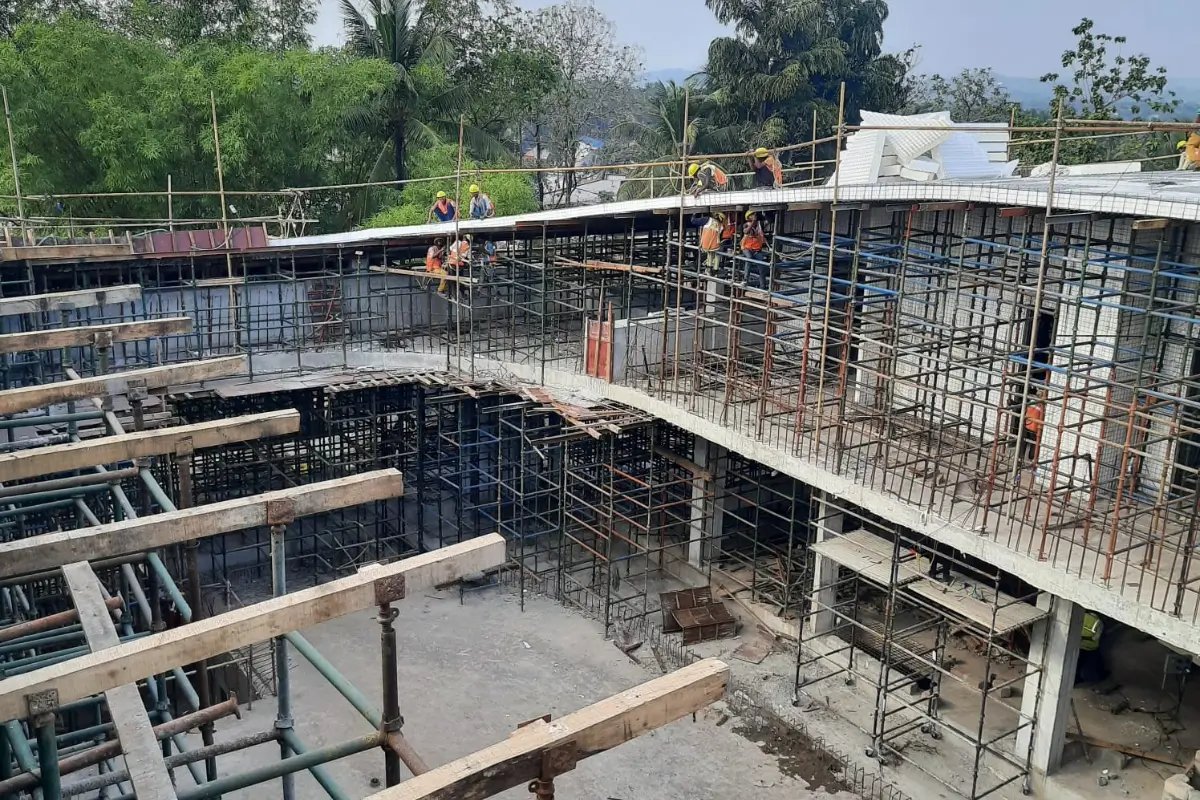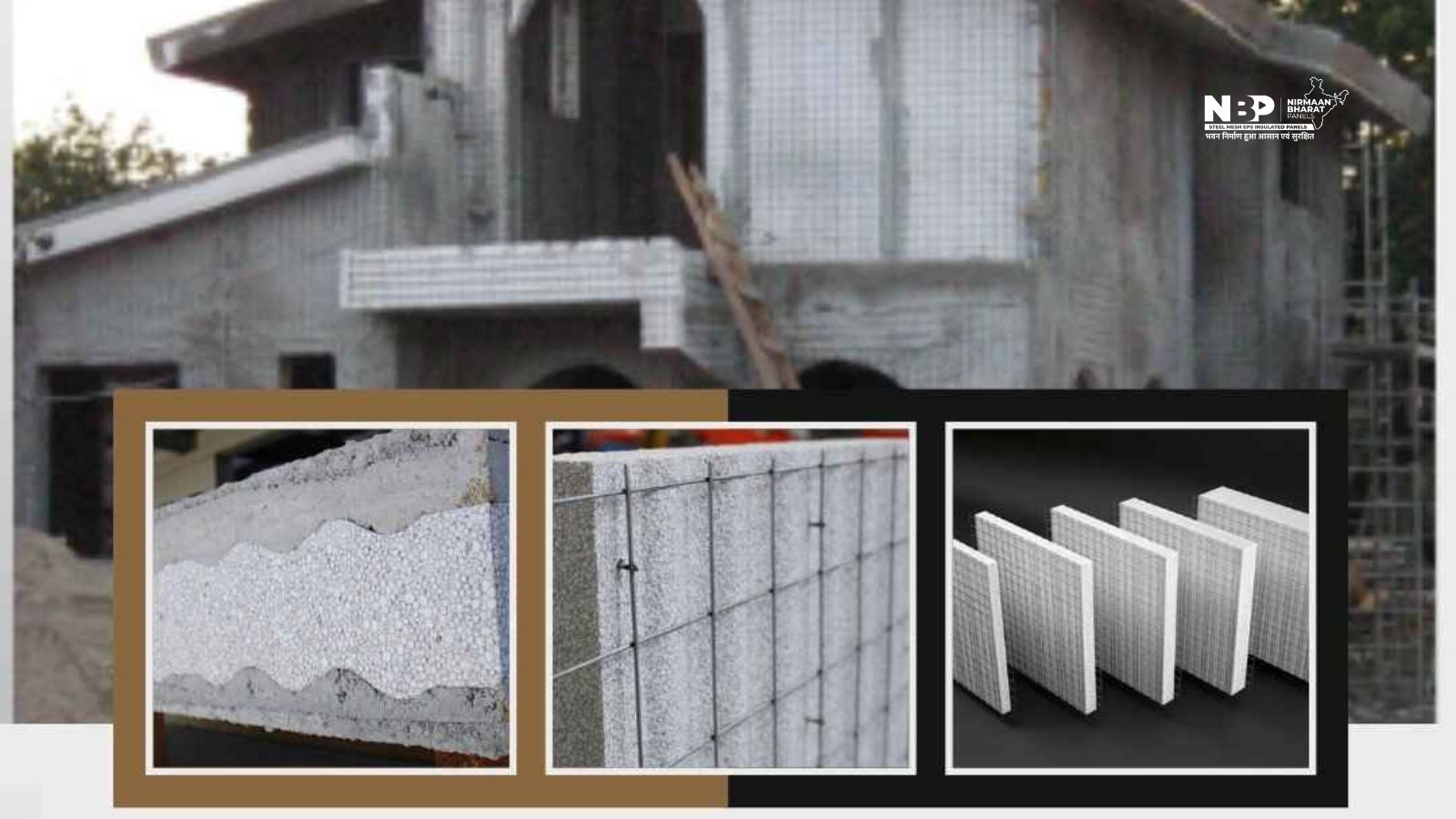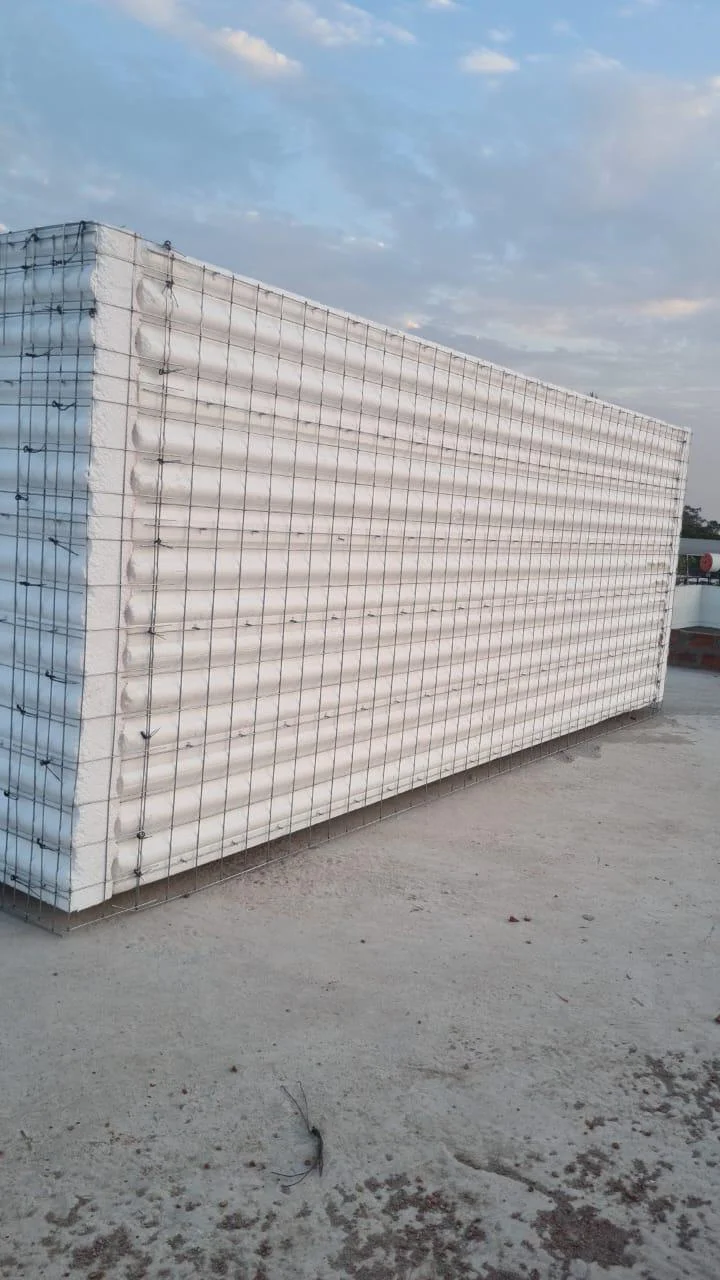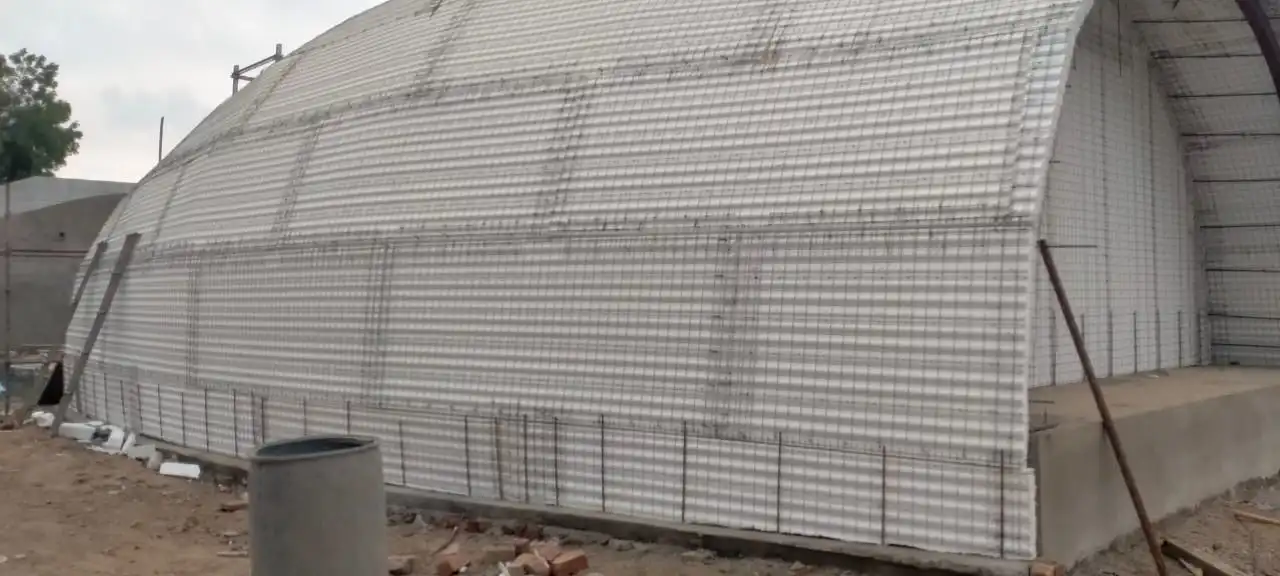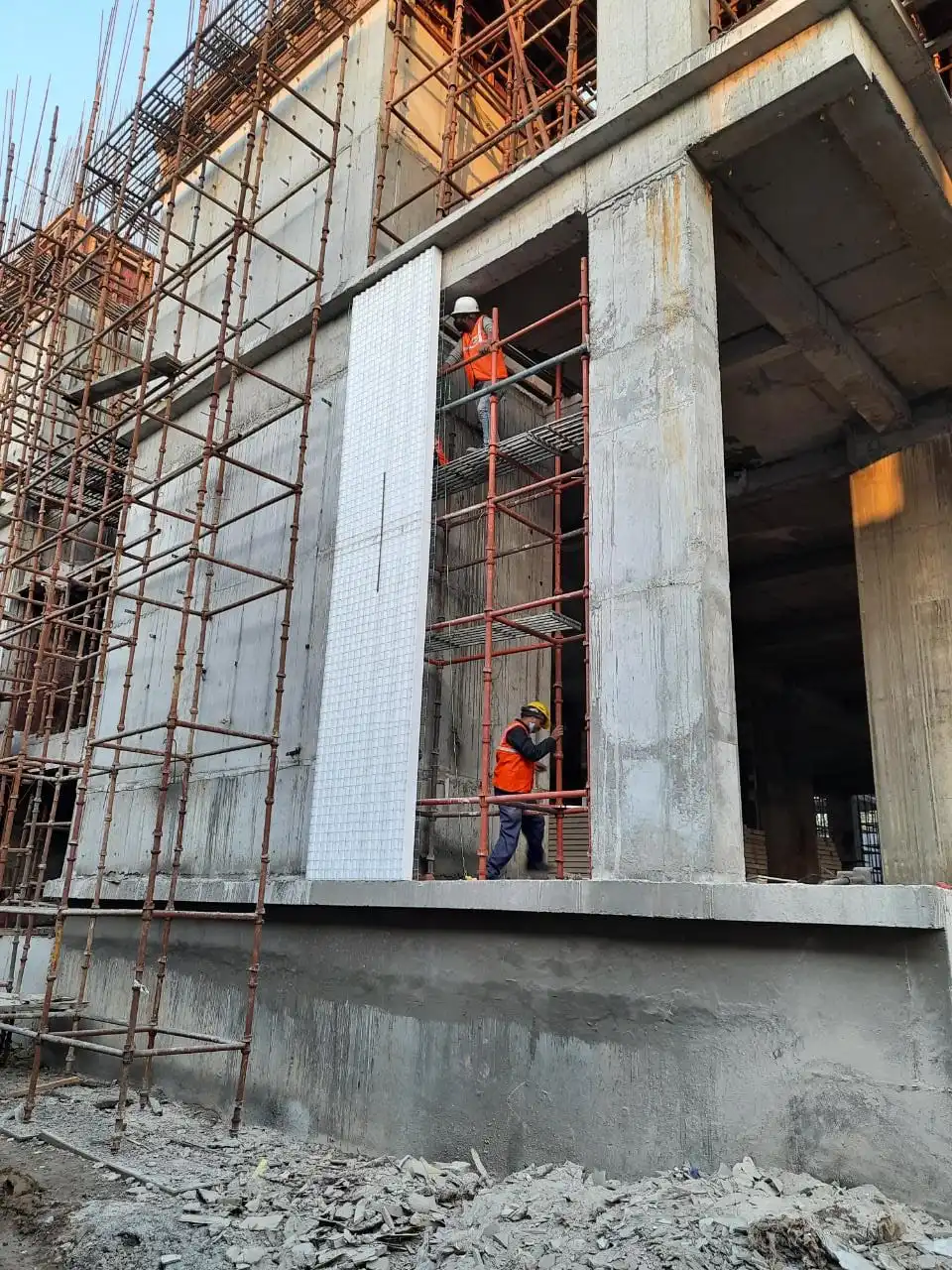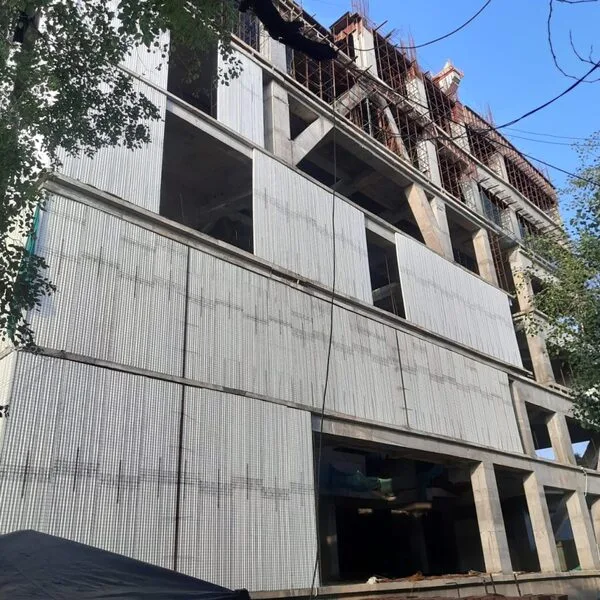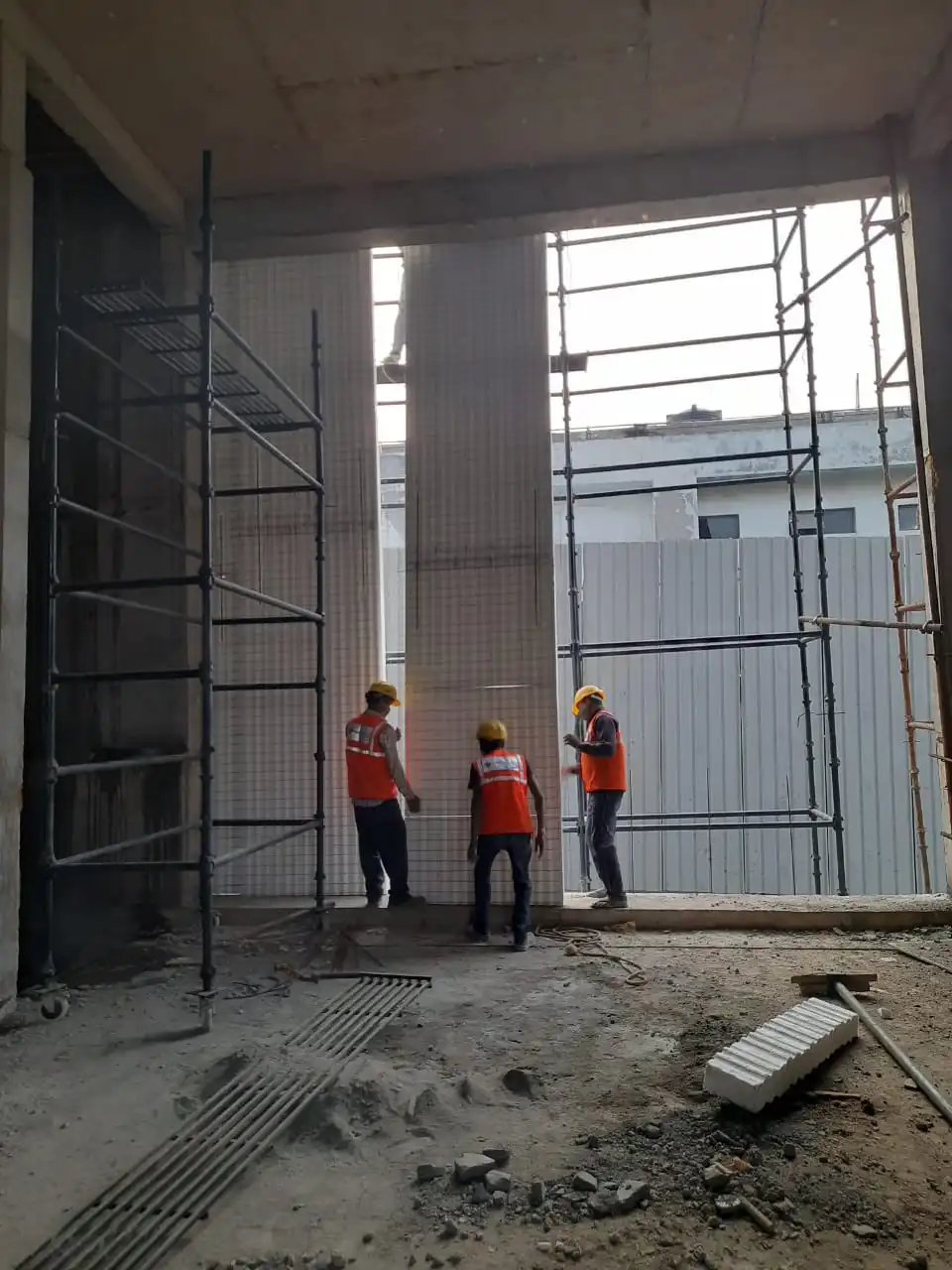EPS (Expanded Polystyrene) wall panels have emerged as a versatile and efficient solution in modern construction, offering numerous advantages and applications that cater to the evolving needs of the industry.
Table of Contents
ToggleAdvantages of EPS Wall Panels
- Energy Efficiency: EPS wall panels provide excellent thermal insulation, helping regulate indoor temperatures and reducing the need for heating and cooling. This results in lower energy consumption and reduced utility costs, making them an environmentally sustainable choice for building owners.
- Lightweight and Durable: Despite their lightweight nature, EPS wall panels are remarkably durable and structurally sound. They offer resistance to moisture, pests, and corrosion, ensuring longevity and reliability in building structures.
- Rapid Installation: EPS wall panels are prefabricated off-site, allowing for faster installation compared to traditional construction methods. This accelerated construction process minimizes project timelines and reduces labor costs, making EPS wall panels an attractive option for developers and builders.
- Versatility in Design: EPS wall panels offer architects and designers a high degree of versatility in design and application. They can be customized to accommodate various architectural styles, building configurations, and aesthetic preferences.
- Environmental Sustainability: EPS wall panels are environmentally sustainable, as they are made from recyclable materials and produce minimal waste during manufacturing and installation. Additionally, the energy efficiency of buildings constructed with EPS wall panels reduces carbon emissions and environmental impact.
Applications of EPS Wall Panels
- Residential Construction: EPS wall panels are commonly used in residential construction for both exterior and interior walls. They provide insulation, soundproofing, and fire resistance, enhancing the comfort and safety of residential spaces.
- Commercial Buildings: EPS wall panels are suitable for various commercial buildings, including offices, retail stores, and warehouses. They offer energy efficiency, durability, and design flexibility, meeting the diverse needs of commercial applications.
- Industrial Facilities: EPS wall panels find applications in industrial facilities such as factories, manufacturing plants, and storage facilities. They provide thermal insulation, fire resistance, and structural stability, ensuring optimal performance in industrial environments.
- Institutional Buildings: EPS wall panels are used in institutional buildings such as schools, hospitals, and government facilities. They offer a combination of energy efficiency, durability, and ease of installation, meeting the stringent requirements of institutional construction projects.
In conclusion, EPS wall panels offer a range of advantages and applications in modern construction, making them a preferred choice for architects, builders, and developers. With their energy efficiency, durability, and design versatility, EPS wall panels contribute to sustainable, efficient, and aesthetically pleasing building solutions.


